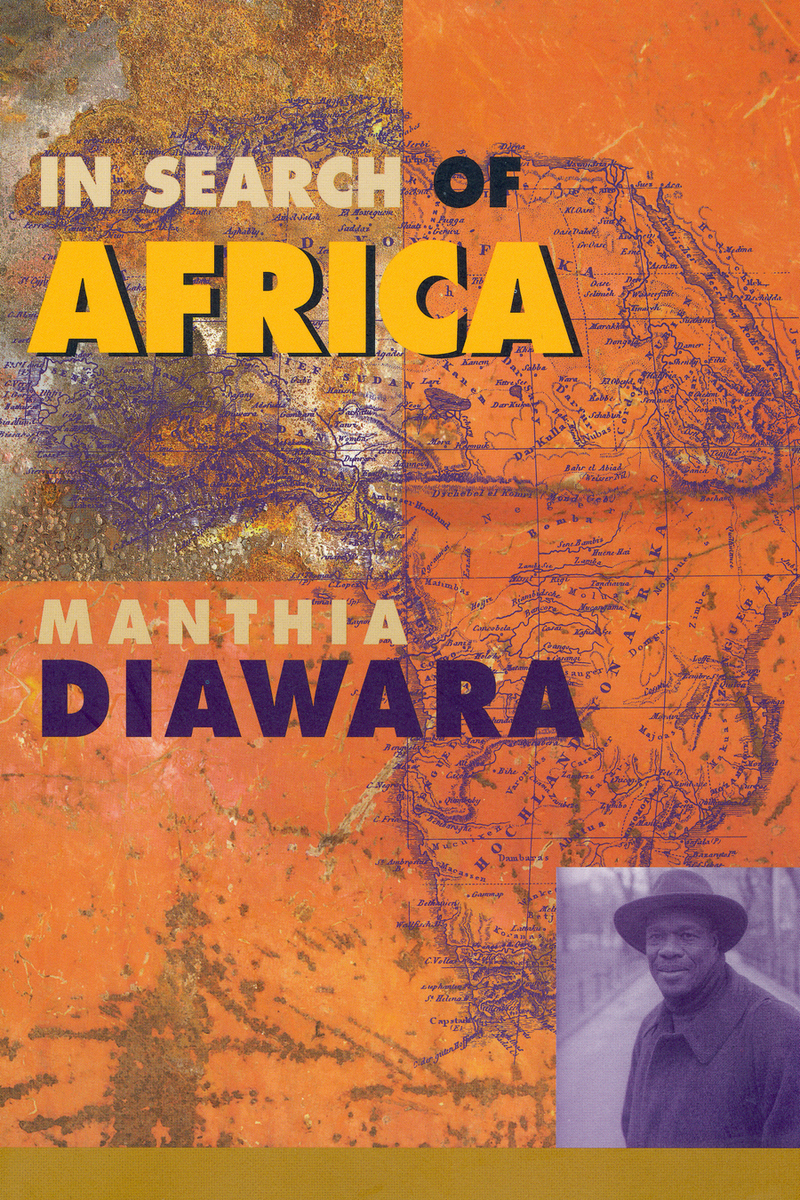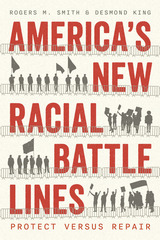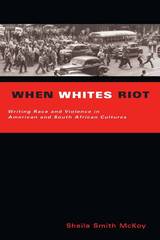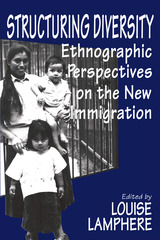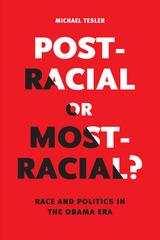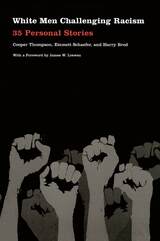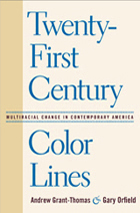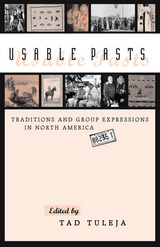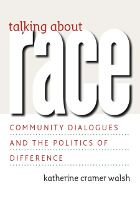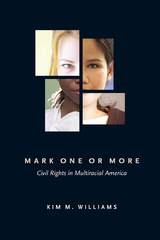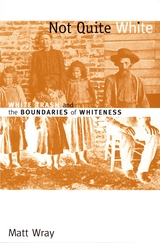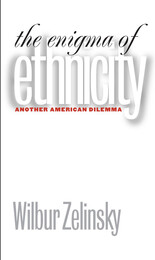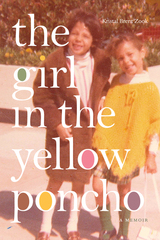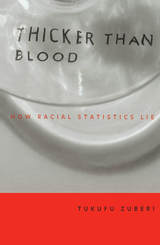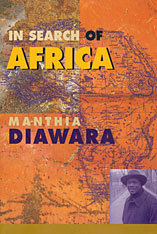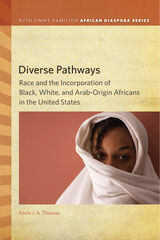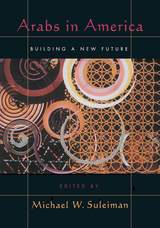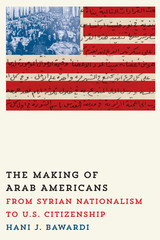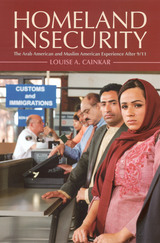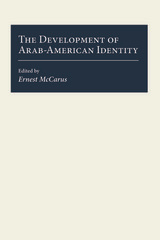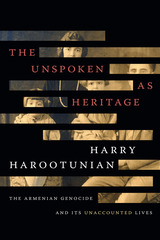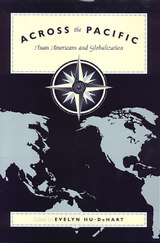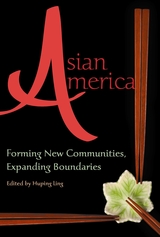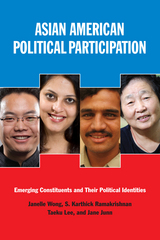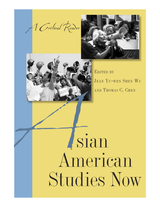In Search of Africa is a smart, rewarding study by a native-born African attempting to recapture the mystique of a distant past. In his search, we are enlightened as we grapple with his conclusion that 'the salvation of Africa lies in modernization, the creation of a secular public sphere, and the freedom of individuals.' Diawara convincingly demonstrates that we left not only our minds in Africa but a portion of our hearts and souls.
-- Herb Boyd Washington Post Book World
In Search of Africa is not contained neatly like an American mall, but operates like the stalls of an African market, offering from chapter to chapter a bit of memoir, a study of Black American and African cinema, African music, 20th-century art, and political and economic theory. But the African market is more than a metaphor...Diawara believes the market has the potential to liberate women...and reduce Africa's dependence on European aid and economic models.
-- Charles Mudede Voice Literary Supplement
This is a serious book by one who cares deeply for Africa. It does not descend into the level of travelogue or voyeurism. The book raises deep questions about Africa, its people and culture, and its future. Although the book concentrates on West Africa and on Guinea in particular, the issues examined are continental and applicable to the social and political situation of Africa today. The author writes with deep knowledge of Africa and is able to connect Africa with the diaspora. His view of Africa is thoughtful, rather than romantic...This masterful book deserves the widest circulation.
-- Sage
While friendship quest provides the basic narrative structure of Diawara's In Search of Africa, the book is interspersed with a series of important 'situational' essays that give the text an additional rich layer of intellectual depth. From considerations of Jean-Paul Sartre's essay Black Orpheus, which served as an introduction to Leopold Senghor's landmark 1948 Negritude anthology of new African poetry in French, to contemporary Afro-American hip-hop, 'homeboys,' and the films of Spike Lee, Diawara's meditations on African and Afro-American culture and politics are wide-ranging, provocative, and never less than engaging...Once more, a sometimes abstract 'search for Africa' bumps up against real-life experience. The result is illuminating not only for Manthia Diawara, but equally for those of us for whom Africa remains an unknown continent.
-- Stan Perksy Vancouver Sun
In 1996, after a 32-year absence, Diawara returned to his childhood home of Guinea, West Africa. This insightful...book is his account of that prodigal son's journey...Though fluent in local languages and deeply conversant with local custom, he was still overwhelmed by Africa: 'How many times I have retreated from Africa into my hotel room!' he writes, with typical honesty. He also embarked upon a poignant search to find his childhood best friend, leading to a series of incidents where his writing sparkles. His account of his teenage gang organizing the festival Woodstock-in-Bamako is fascinating.
-- Publishers Weekly
The balanced essays range broadly, moving from Richard Wright to Williams Sassine's Afro-pessimism, 'homeboy cosmopolitanism,' Malcom X, griot culture, contemporary mask-carving, and West African market culture...Highly recommended for all libraries as an 'insider's view' of contemporary West Africa.
-- Anthony J. Adam Library Journal
In Search of Africa is one of the most outstanding works of cultural criticism/memoir I have ever read. It is dazzling in its range and extraordinarily compassionate in its judgments.
-- Houston A. Baker, Jr., author of Modernism and the Harlem Renaissance
As a cultural boomerang--someone who has traveled from Guinea and Mali to America and back--Diawara has a unique perspective on the struggles of Africa to define itself in a postcolonial age. For those of us on the opposite side--Americans looking to Africa--this is a crucial new perspective on an Africa in constant transition.
-- Farai Chideya, author of Don't Believe the Hype
Part commentary, part memoir, Manthia Diawara's In Search of Africa is a deeply moving and honest exploration of personal and national loss and renewal in today's Africa and black America.
-- Edwidge Danticat, author of Breath, Eyes, Memory
Whatever our ideas about African culture and politics, Manthia Diawara's In Search of Africa will disturb them deeply. If we insist on the importance of ritual and purity, this book will compel us to take seriously the impact of the political quest for modernity and the hybridity of contemporary West African culture. If we believe that a progressive African future will be predicated on leaving religious traditions behind, Diawara's long lost friend, who carves masks for the tourist market, will convince us otherwise. Like its author, this provocative text crosses borders, boundaries, and disciplines to offer one of the most thoughtful, complicated, and ultimately illuminating reflections on Africa we have seen in decades.
-- Angela Y. Davis, author of Blues Legacies and Black Feminism
In Search of Africa brings us, all of us, home to a place we never knew. By traveling back and forth between cultures, continents, and languages--by wrestling, and momentarily defeating, the deceptions of racial and class identities--Manthia Diawara ís rare intelligence exposes the shared heart of modernity in Europe, Africa, and America.
-- Walter Mosley, author of Always Outnumbered, Always Outgunned
This is a book the author could have titled 'Ce que je crois: What I Believe In.' It is a testimony, and a very courageous one. Diawara posits himself squarely as a witness and testifies about Africa, being black, and the African-American context.
-- V. Y. Mudimbe, author of The Invention of Africa
In Search of Africa is a classic--it is very strong medicine for an age of cynicism and pessimism. Diawara blasts a passage through most of what has been written about the vibrant continent which gave us the beats and moves of the world's dances. His honesty and passion for the truth make the text riveting, and the search for his old schoolyard chum has novelistic bite and power. This is a book I will treasure.
-- Robert Farris Thompson, author of Flash of the Spirit
Manthia Diawara's In Search of Africa avoids the extremes which characterize contemporary writing about Africa. The scholars and writers whose objective seems to be that of discrediting the continent and its people and the starry-eyed romances about the Africa of the griot. With cogent and brilliant prose, Diawara illuminates our understanding of an Africa caught between the ancient and the modernity, the Africa of the early heroic epics, and that of the Afro-Pessimists. As a bi-continental cosmopolitan writer Diawara not only tells the reader what it means to be an African but an American as well, and Diawara, this African, is more American than any of us.
-- Ishmael Reed, author of Mumbo Jumbo
